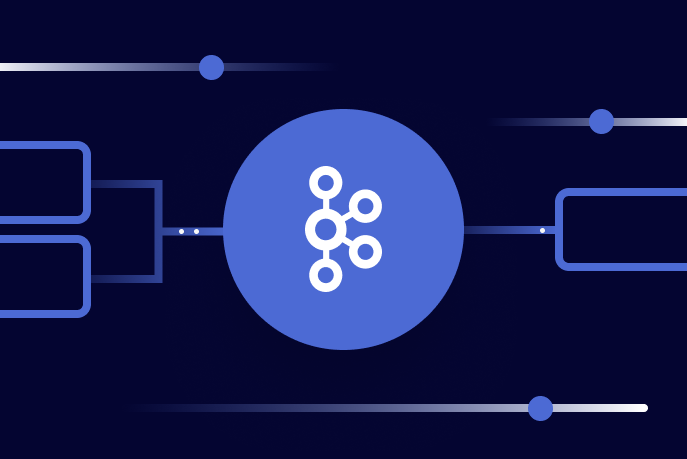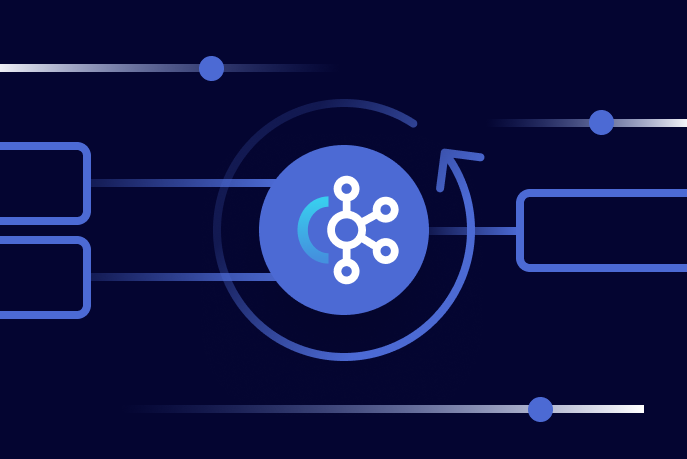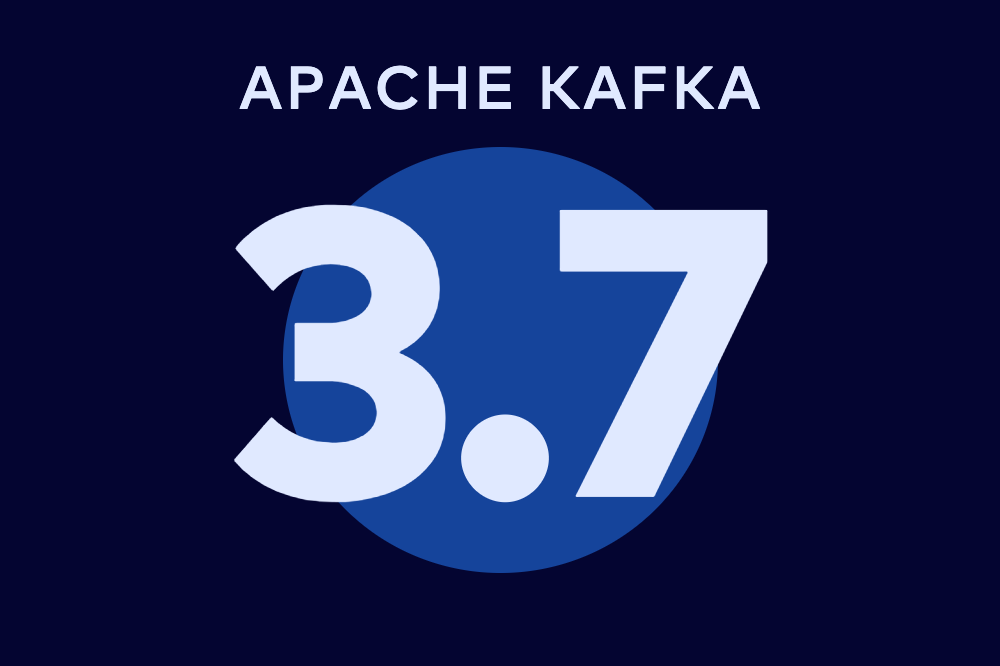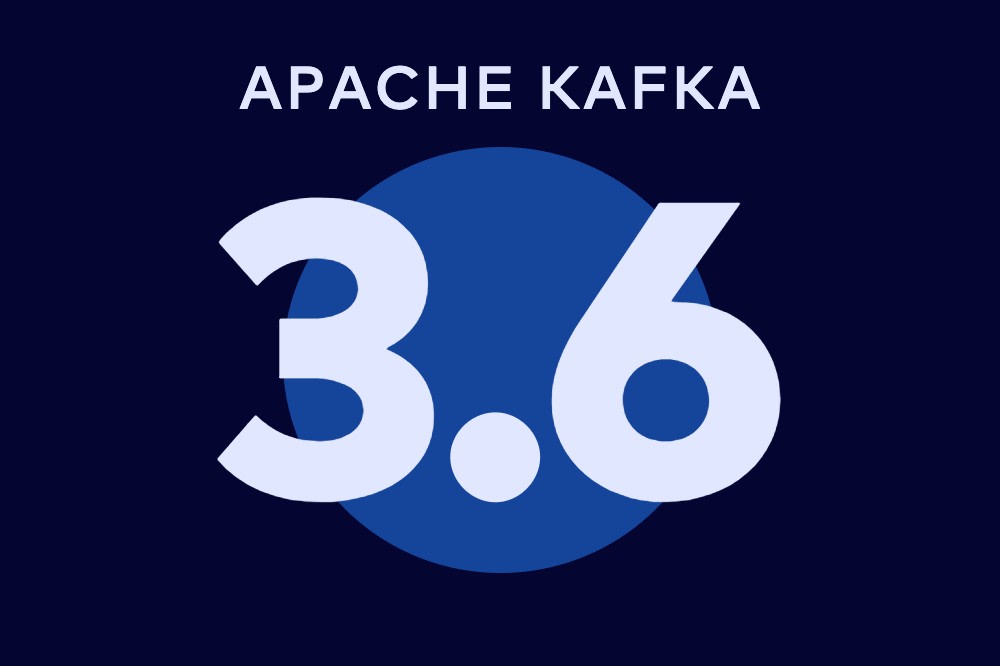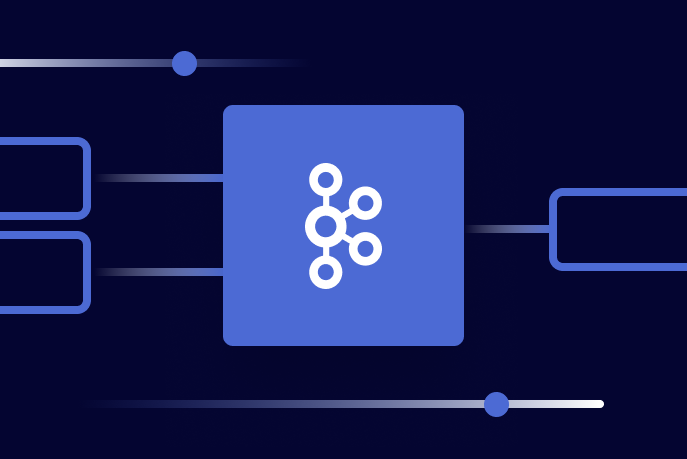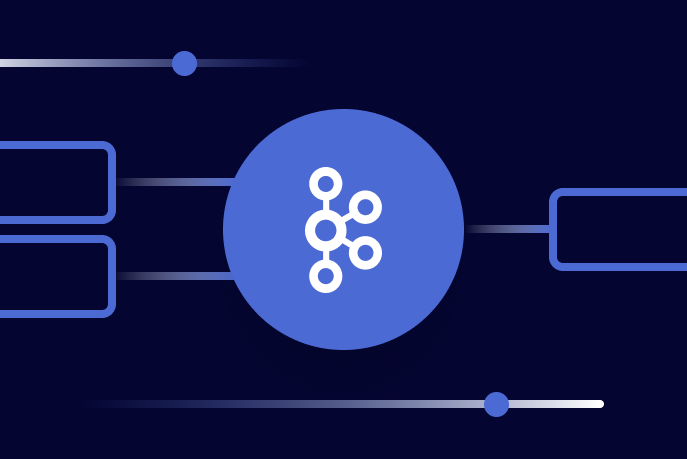[Live Lab] Streaming 101: Hands-On with Kafka & Flink | Secure Your Spot
Apache Kafka
Data Products, Data Contracts, and Change Data Capture
Change data capture is a popular method to connect database tables to data streams, but it comes with drawbacks. The next evolution of the CDC pattern, first-class data products, provide resilient pipelines that support both real-time and batch processing while isolating upstream systems...
Unlock Cost Savings with Freight Clusters–Now in General Availability
Confluent Cloud Freight clusters are now Generally Available on AWS. In this blog, learn how Freight clusters can save you up to 90% at GBps+ scale.
Unleash Real-Time Agentic AI: Introducing Streaming Agents on Confluent Cloud
Build event-driven agents on Apache Flink® with Streaming Agents on Confluent Cloud—fresh context, MCP tool calling, real-time embeddings, and enterprise governance.
Contributing to Apache Kafka®: How to Write a KIP
Learn how to contribute to open source Apache Kafka by writing Kafka Improvement Proposals (KIPs) that solve problems and add features! Read on for real examples.
How to Create a docker-compose.yml File With Kafka Docker Composer
Learn how to create a docker-compose.yml file for Kafka using Kafka Docker Composer. Set up clusters, perform failover testing, and more with this guide.
How to Process GitHub Data with Kafka Streams
Learn how to track events in a large codebase, GitHub in this example, using Apache Kafka and Kafka Streams.
Introducing Apache Kafka 3.7
Apache Kafka 3.7 introduces updates to the Consumer rebalance protocol, an official Apache Kafka Docker image, JBOD support in Kraft-based clusters, and more!
Enterprise Apache Kafka Cluster Strategies: Insights and Best Practices
As companies increase their use of real-time data, we have seen the proliferation of Kafka clusters within many enterprises. Often, siloed application and infrastructure teams set up and manage new clusters to solve new use cases as they arise. In many large, complex enterprises, this organic growth
A Deep Dive Into Sending With librdkafka
Learn how to interact with the librdkafka library when sending and how to handle errors correctly. Take a deepdive into the internal mechanics of the library.
Top 7 Free Apache Kafka Tutorials and Courses for Beginners in 2023
Stepping into the world of Apache Kafka® can feel a bit daunting at first. Get started with the top resources for beginners to start building your first Kafka application!
Introducing Apache Kafka 3.6
Apache Kafka 3.6 is here! This release includes Tiered Storage (Early Access), the ability to migrate clusters from ZooKeeper to KRaft with no downtime, the addition of a grace period to stream-table joins, & more!
An Introduction to Apache Kafka Consumer Group Strategy
Ever dealt with a misbehaving consumer group? Imbalanced broker load? This could be due to your consumer group and partitioning strategy!
Apache Kafka® Message Compression
Learn about the role of batch.size and linger.ms in Kafka message compression.
How to Run Apache Kafka on Windows
Looking to install Kafka on Windows? This step-by-step guide will show you how to set it up and run it thanks to the Windows Subsystem for Linux 2.
Design and Deployment Considerations for Deploying Apache Kafka on AWS
Apache Kafka (the basis for the Confluent Platform) delivers an advanced stream processing platform for streaming data across AWS, GCP, and Azure at scale, used by thousands of companies. Amazon...
How to Tune Kafka Connect Source Connectors to Optimize Throughput
Get a high-level overview of source connector tuning: What can and cannot be tuned, and tuning methodology for any and all source connectors.
What Is an Apache Kafka Cluster? (And Why You Should Care)
Learn the basics of what an Apache Kafka cluster is and how they work, from brokers to partitions, how they balance load, and how they handle replication, and leader and replica failures.



